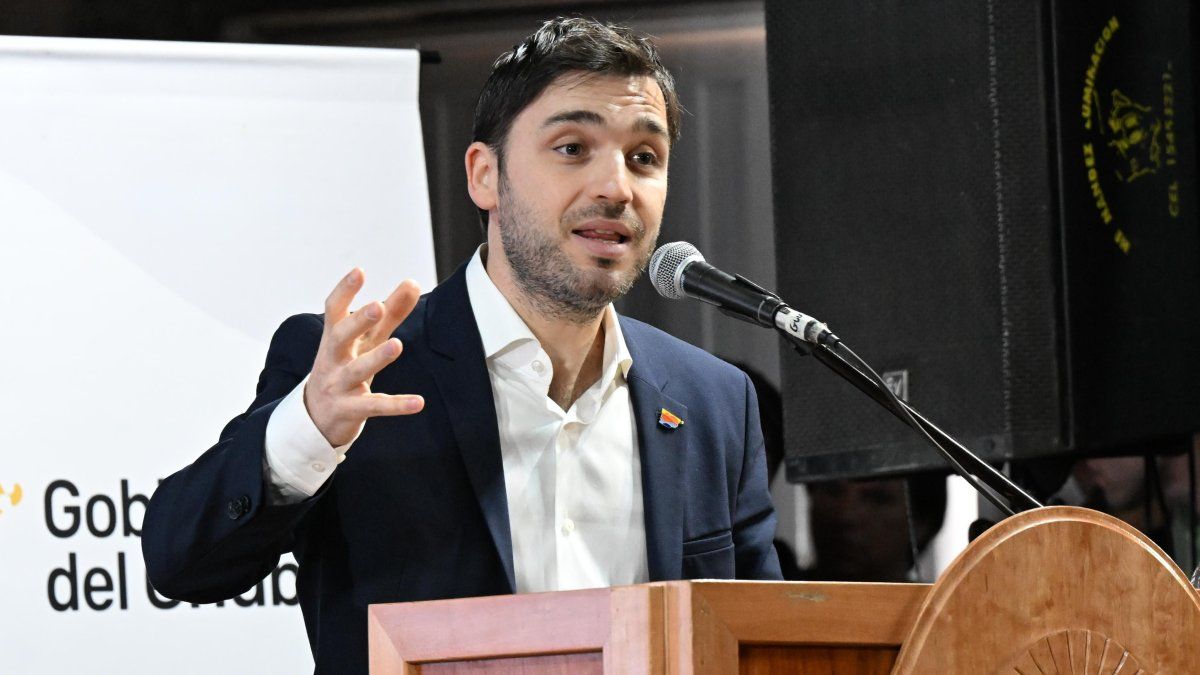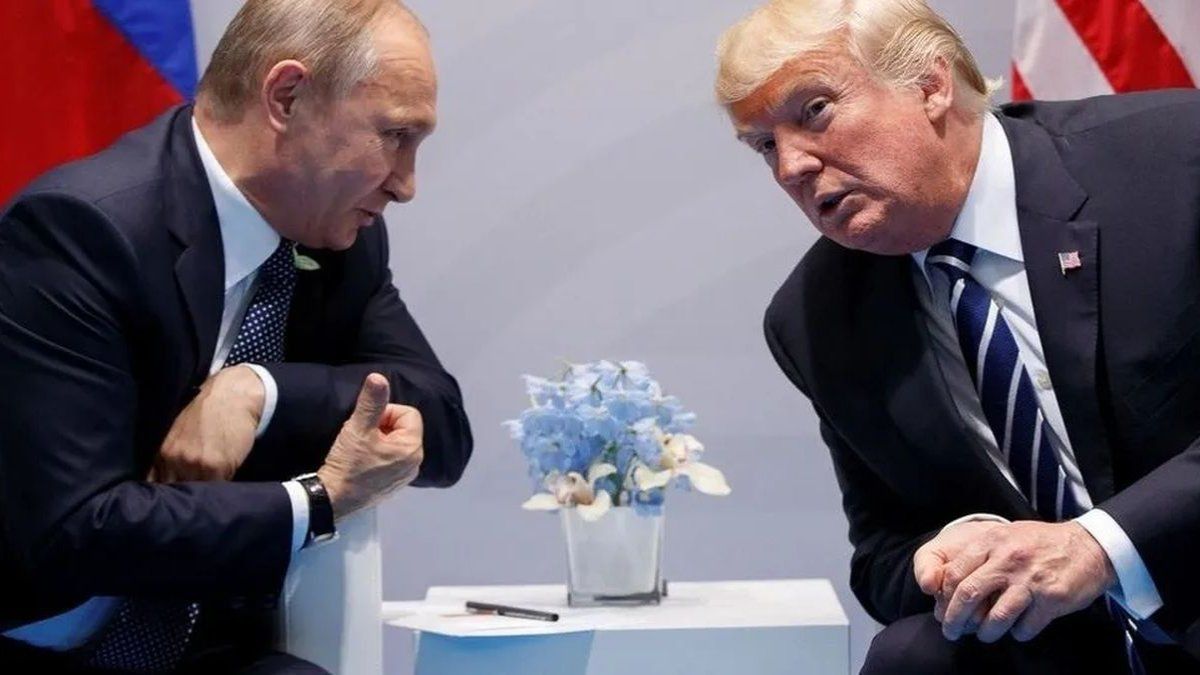After an extensive debate, the Chubut Legislature yesterday sanctioned its first Electoral Code, which introduces the Single Paper Ballot and establishes a modern legal framework for the elections. In this way, it was no longer the only province without its own electoral law.
The initiative includes the implementation of the Single Paper Ballot, a topic of debate at the national level, which will reduce printing costs, the ecological impact and provides progress in terms of electoral transparency for the Patagonian province.
The regulations, which represent a key advance in transparency and institutional order, were approved with the endorsement of 25 of the 26 legislators present after more than three hours of debate in the chamber.
The moment of the vote was attended by Governor Ignacio “Nacho” Torres, who had presented the bill on July 3, and considered that the approval of the initiative was “an act of Justice.”
The president was accompanied by the presidents of the different legislative blocks, and the opposition celebrated the approval of a project that reflected a search for consensus between the ruling party and the opposition, an unprecedented event in recent years in Chubut.
“It is very exciting to see not only the content of what was debated today, but also the ways in which a more than important issue with a profound reformist vocation was debated. We are laying the foundations so that there are clear rules of the game, and that do not give rise to biased interpretations,” Torres said after the vote.
In this regard, he added: “The few times that an electoral code came close to coming out were not initiatives of the Executive Branch. This has to do with certain electoral ‘mischief’ that was always carried out, especially when you have access to an electoral apparatus and resources, but today we are showing as a Government that it is a reformist vocation, not out of convenience, but because we want to do things well. ”.
Also accompanied by the former National Electoral Director Alejandro Tullio, the governor of Chubut referred to the more than two months of debates and plenary sessions that brought together specialists in electoral justice from all over the country, representatives of NGOs, intermediate institutions, social organizations and figures policies: “Today we are in the news for good things, because those who know the most about electoral law prepared to work to have the best Electoral Code in Argentina: the most modern and, above all, with a broad consensus such as the 25 votes” .
On the other hand, Torres emphasized the extensive legislative work that allowed us to reach the approval of the Electoral Code: “Here we are not imposing anything, but rather reaching an agreement, and this leads us to reflect on what is happening in this legislative body , which is also historical. Raising the bar of this Legislature is also an act of Justice towards all Chubut residents. Show that work is being done, that the issues are studied, that there is debate with more or less vehemence, but with content and convictions.”
“The Electoral Code will transcend our management and will lay the foundations so that never again will a Chubut native enter a dark room and not find the ballot of whoever wants to vote; so that never again will someone who wants to defend an idea and participate in an election as a candidate for mayor or governor be frustrated by not having the money, the apparatus and the support,” said the president.
In this regard, he concluded: “Now we have a more ecological, economic and transparent system, but above all more fair and that promotes citizen participation.”
Source: Ambito
I am an author and journalist who has worked in the entertainment industry for over a decade. I currently work as a news editor at a major news website, and my focus is on covering the latest trends in entertainment. I also write occasional pieces for other outlets, and have authored two books about the entertainment industry.




